Apr 2, 2024 12:59 PM
Saxophonist, Sonic Explorer Casey Benjamin Dies at 45
Casey Benjamin, the alto saxophonist, vocalist, keyboardist and producer who stamped his distinctive sounds on the…
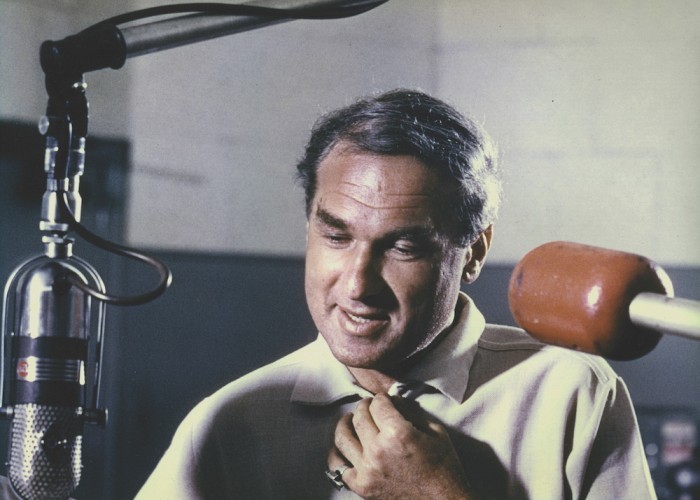
Norman Granz (1918–2001)
(Photo: The Estate of Oscar Peterson)The history of jazz offers a select group of rebels who profoundly bent its fortunes without ever playing a note of music. One of these lone wolves was Norman Granz (1918–2001), who parleyed his own rarified tastes and an indifference to industry norms into a vertically integrated jazz empire. By gathering everything under one thumb—his own—he created, managed and marketed his own visions of what the record industry could achieve.
Today, the eldest surviving child of that empire is Verve Records, since 1998 a unit of Universal Music. And the label is celebrating the centennial of Granz’s birth with a four-CD set featuring artists with whom he worked, including Louis Armstrong, Count Basie, Ella Fitzgerald and Oscar Peterson. Norman Granz: The Founder was programmed by Granz biographer Tad Hershorn, whose lively liner notes also provide the narration.
“Even with all our labels today at Universal, Verve is still the one we use as our jazz brand,” said Ken Druker, vice president for jazz development at Verve Label Group. “We hope this [box set] sells. It’s an important part of our history. But it’s not, as we say, a ‘revenue play.’”
Danny Bennett, president/CEO of Verve Label Group, added: “Norman Granz’s dedication to equality and social justice—for his artists and his audiences—was extraordinary in his time and is still relevant today. Every day we at Verve operate in the pioneering spirit of Norman Granz.”
There is some irony in the notion of an enormous music corporation celebrating a man who likely wouldn’t rise within its ranks today. Hostile to intrusion and indifferent to the marketplace, Granz relished his sovereignty. For him, nothing mattered but doing it his way. As a producer, though, his touch was light.
Granz began his impresario days in 1942 organizing off-night jam sessions in Los Angeles clubs. In 1944, he had an epiphany: If a jam could draw 200 in a club, why not 2,000 in L.A. Philharmonic Auditorium? “Jazz at the Philharmonic,” he thought, had a nice ring to it, and the debut concert in July was recorded. As Granz listened days later, he was struck by how the concert’s excitement could be felt through the recording and saw a new dimension in commercial recording: music as documentary. It would be the great innovation of his career. Granz took the Philharmonic recordings to executive Manie Sacks at Columbia, “but Sacks couldn’t see the possibilities,” Granz later said. So, the chance to issue the first live concert records in 1945 fell to an obscure label owned by Moses Asch.
The “Jazz at the Philharmonic” concept caught fire, fueled by the push-pull of concerts and records promoting each other. “For the first 10 years,” Granz said in 1997, “the concerts subsidized the record company. Every artist didn’t necessarily carry his own weight.”
In 1956, Granz consolidated everything under a single brand, and Verve was born. Though spread across four discs, The Founder can’t hit all the bases. But it shines light into some less expected early corners, like a track by the Ralph Burns Orchestra with Lee Konitz. “We wanted it to be a good listen,” Druker said. “So, we kept the focus on the music flow.” DB
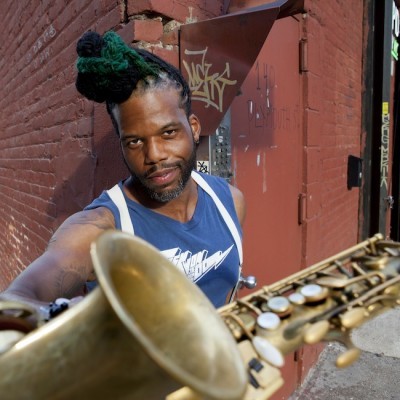
Benjamin possessed a fluid, round sound on the alto saxophone, and he was often most recognizable by the layers of electronic effects that he put onto the instrument.
Apr 2, 2024 12:59 PM
Casey Benjamin, the alto saxophonist, vocalist, keyboardist and producer who stamped his distinctive sounds on the…
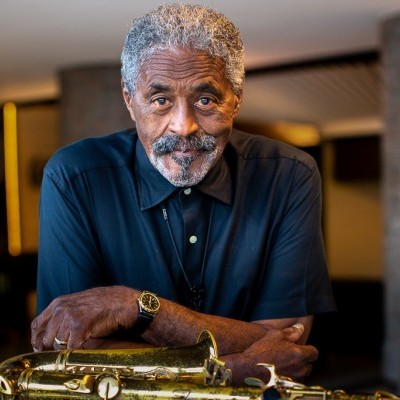
“He’s constructing intelligent musical sentences that connect seamlessly, which is the most important part of linear playing,” Charles McPherson said of alto saxophonist Sonny Red.
Feb 27, 2024 1:40 PM
“I might not have felt this way 30 to 40 years ago, but I’ve reached a point where I can hear value in what people…
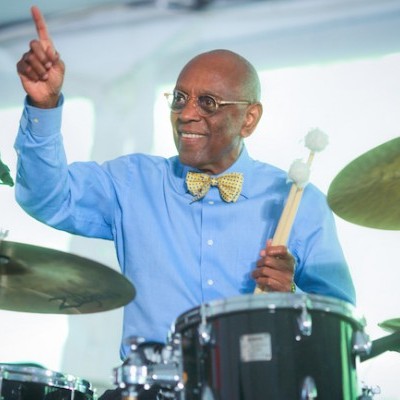
Albert “Tootie” Heath (1935–2024) followed in the tradition of drummer Kenny Clarke, his idol.
Apr 5, 2024 10:28 AM
Albert “Tootie” Heath, a drummer of impeccable taste and time who was the youngest of three jazz-legend brothers…
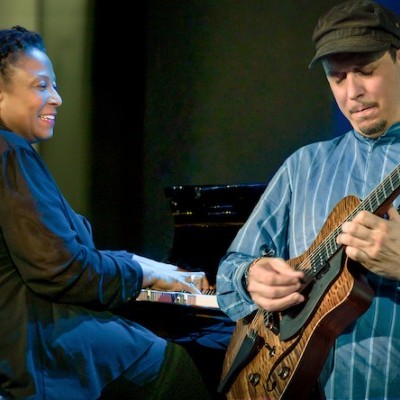
“Both of us are quite grounded in the craft, the tradition and the harmonic sense,” Rosenwinkel said of his experience playing with Allen. “Yet I felt we shared something mystical as well.”
Mar 12, 2024 11:42 AM
“There are a few musicians you hear where, as somebody once said, the molecules in the room change. Geri was one of…
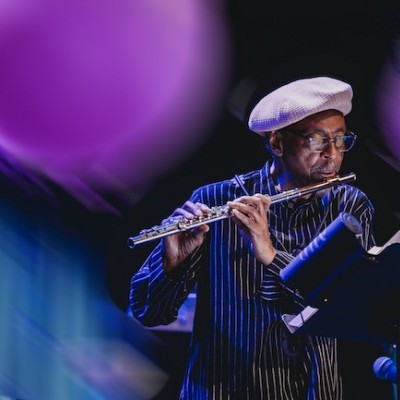
Henry Threadgill performs with Zooid at Big Ears in Knoxville, Tennessee.
Apr 9, 2024 11:30 AM
Big Ears, the annual four-day music celebration that first took place in 2009 in Knoxville, Tennessee, could well be…